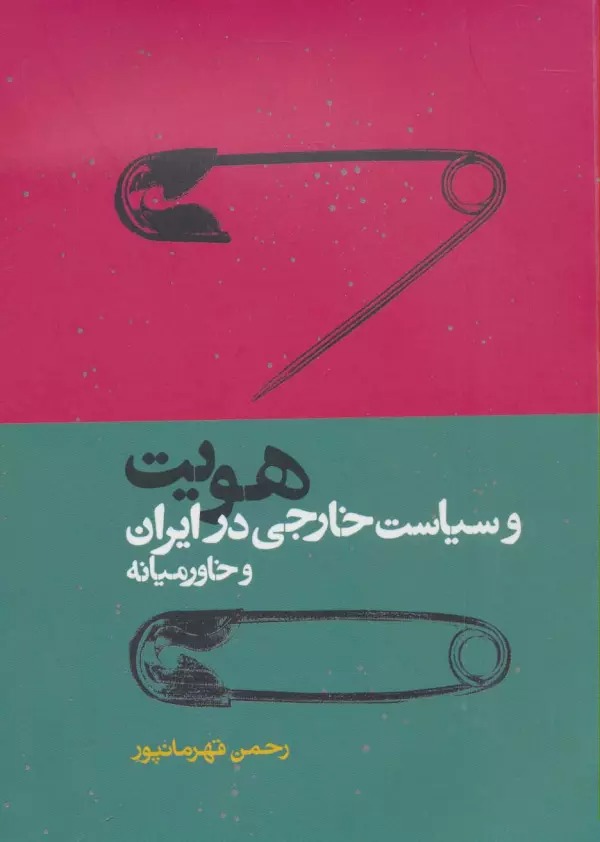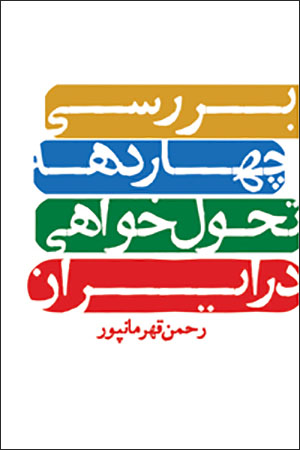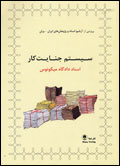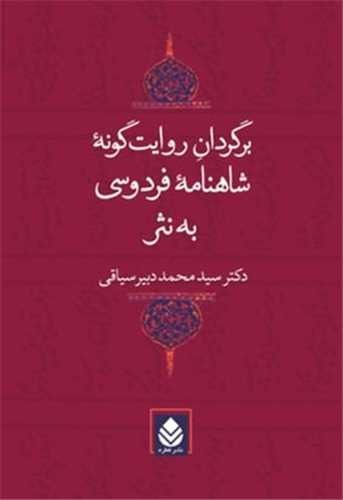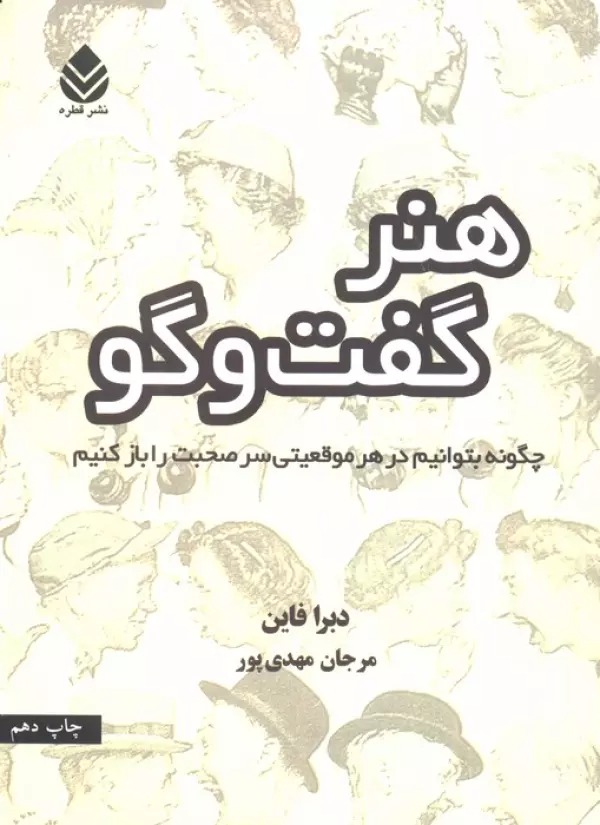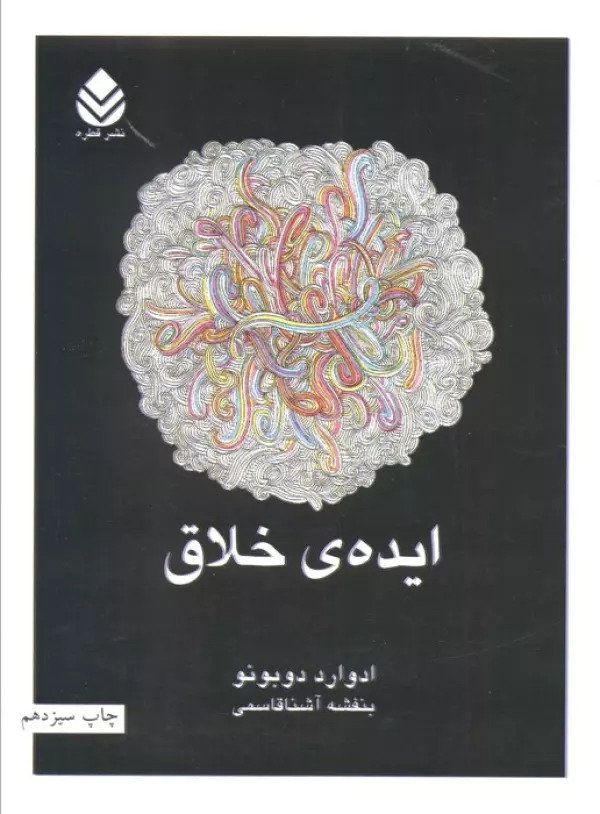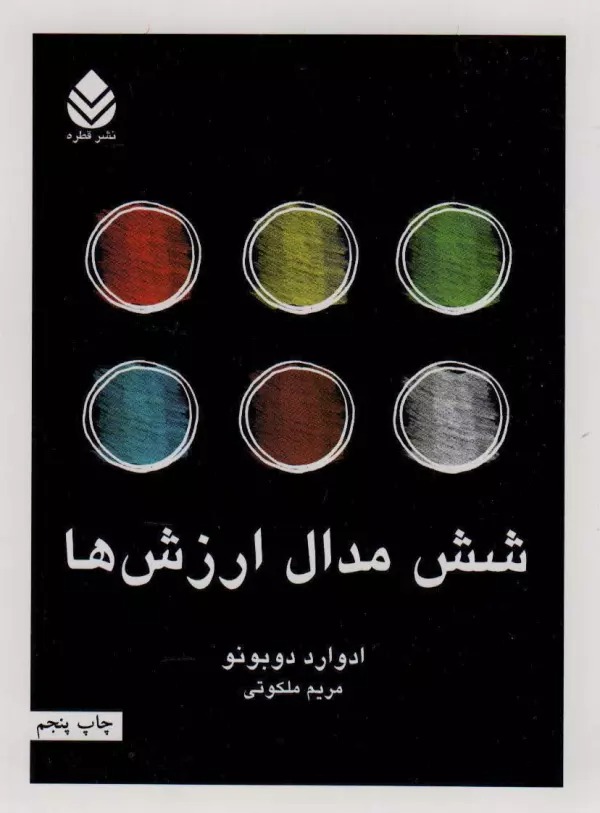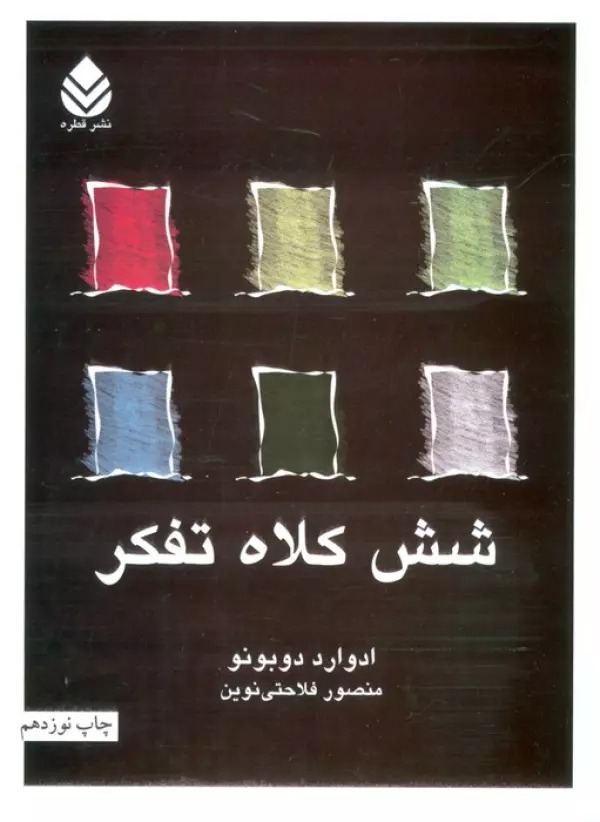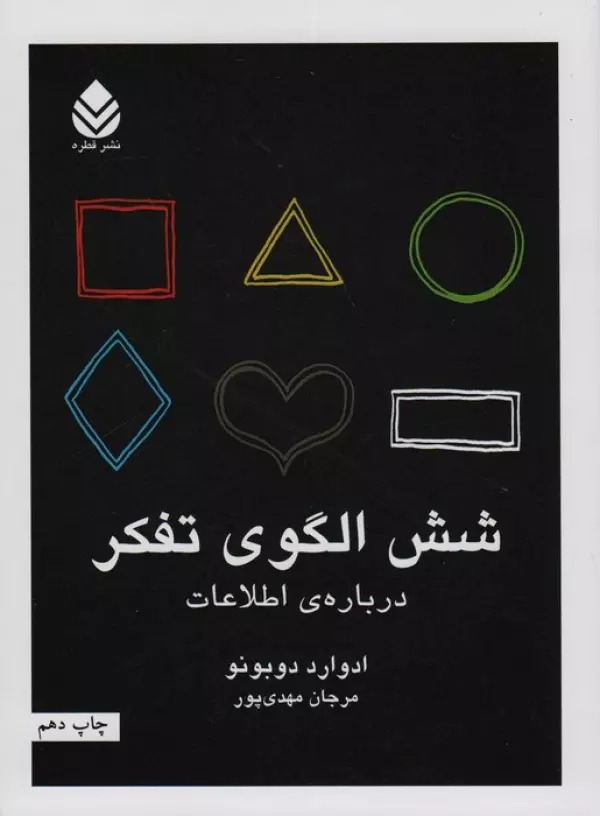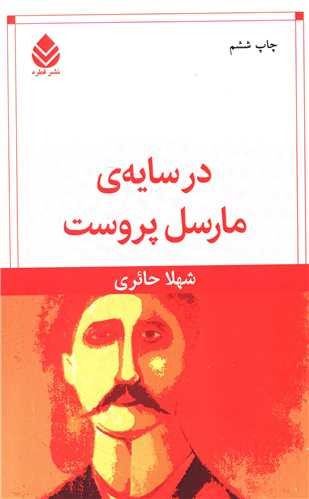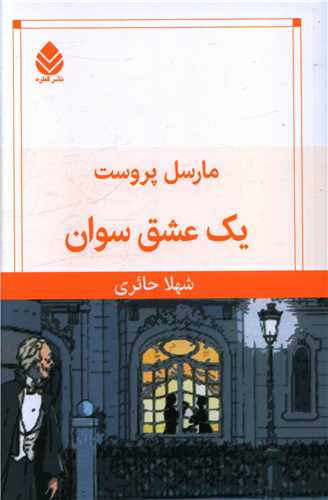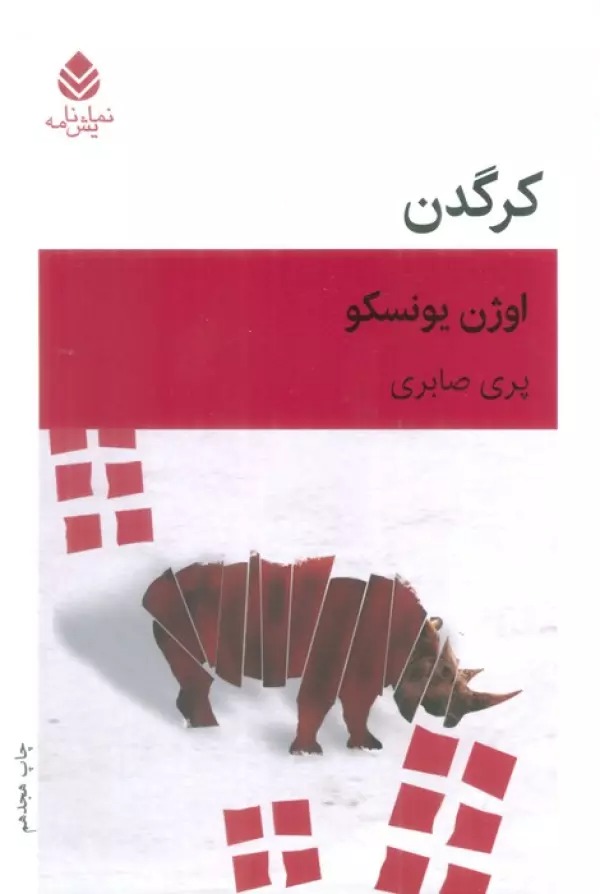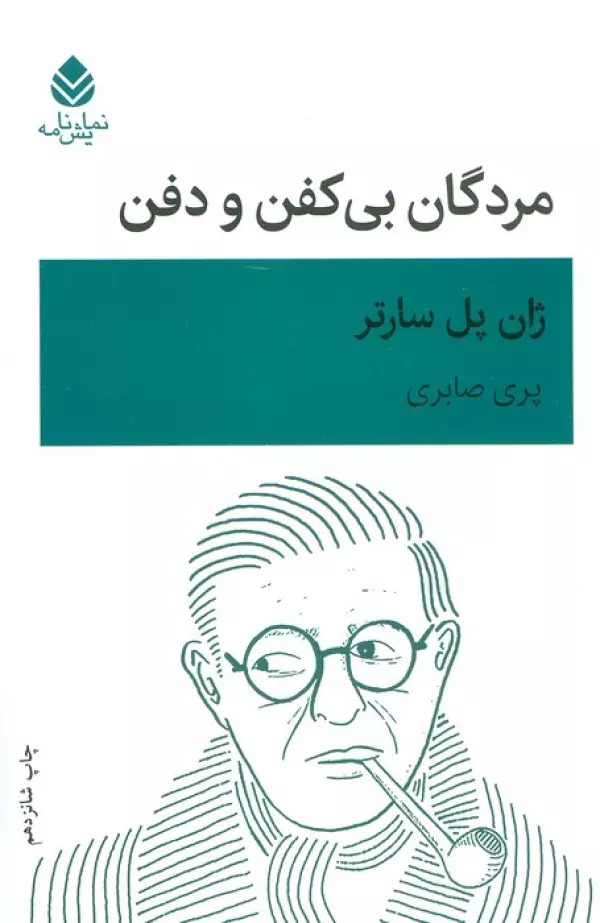Huvīyat va Sīyāsat-i Khārijī dar Īrān va Khāvar'mīyānah Khānah Jāy Ast kah az ān Āghāz Mī'kunīm: Majmū'ah Maqālāt-i Dānild Vūd Vīnīkāt: Persian 1394
هویت و سیاست خارجی در ایران و خاورمیانه
171 SEK
Share
Wishlist
Identity has been the focus of political science, political experts, and even politicians since the collapse of the Soviet Union and the Balkan Wars, and later the emergence of extremist groups in the Middle East. While identity can pave the way for cooperation, it can also contribute to the spread of war and conflict. The present book, which is the result of the author’s research and studies of the past decade in the field of identity and foreign policy, attempts to show that the way a state defines its identity has a direct impact on its performance in foreign policy. The author first addresses the important issue of how a specific identity becomes a dominant power by employing various figures of power and tries to reproduce it. However, domestic, regional, and international challenges make it difficult to reproduce the dominant identity. Therefore, the identity of the state changes over time, and this also manifests itself in foreign policy. On this basis, the author examines the two main currents in Iran: those supporting political Islam (revolutionary Islam) and those supporting post-political Islam (constructive interaction).
more
هویت از زمان فروپاشی شوروی و جنگهای بالکان و بعدها ظهور گروههای افراطی در خاورمیانه دوباره در کانون توجه علوم سیاسی و متخصصان سیاست و حتی سیاستمداران قرار گرفته است. هویت در همان حال که میتواند زمینهساز همکاری باشد، میتواند به گسترش جنگ و درگیری هم کمک کند. کتاب حاضر که نتیجهی تحقیقات و مطالعات یک دههی گذشتهی نویسنده در زمینهی هویت و سیاست خارجی است، میکوشد تا نشان دهد که نحوهی تعریف یک دولت از هویت خود، تأثیر مستقیمی بر عملکرد آن در سیاست خارجی دارد. نویسنده ابتدا به این موضوع مهم میپردازد که چگونه یک هویت خاص با بهکارگیری انواع چهرههای قدرت تبدیل به قدرت مسلط میشود و میکوشد آن را بازتولید کند. اما چالشهای داخلی، منطقهای و بینالمللی، بازتولید هویت مسلط را دشوار میکنند. لذا هویت دولت به مرور زمان تغییر میکند و این امر، خود را در سیاست خارجی نیز نشان میدهد. نویسنده بر همین اساس، دو جریان اصلی طرفدار اسلام سیاسی (صدور انقلاب) و طرفدار اسلام پسا-سیاسی (تعامل سازنده) را در ایران بررسی میکند.
more

